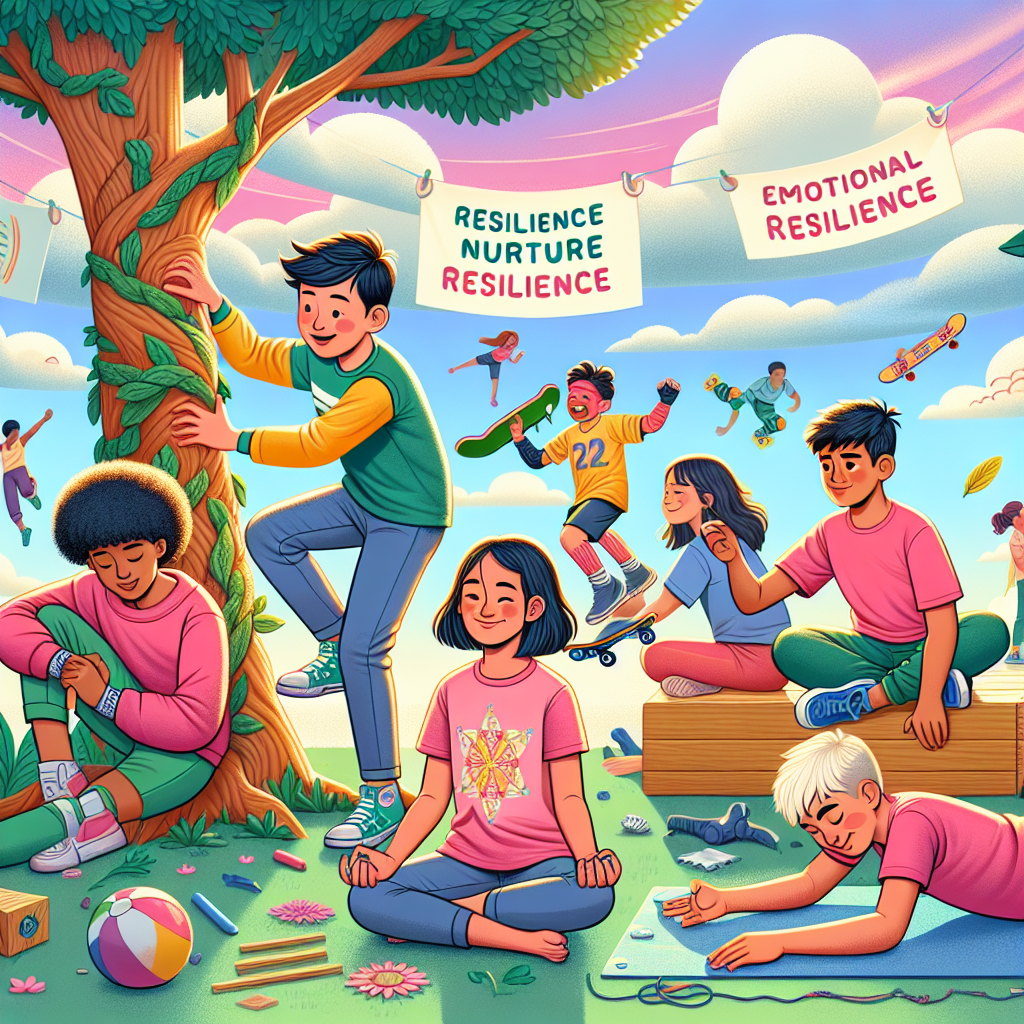While every parent wishes for their child to have a smooth and joyful journey through life, the reality is that challenges are inevitable. From minor setbacks at school to major life upheavals, children need resilience—the ability to adapt and bounce back from adversity. Building emotional strength in kids is like providing them with a protective shield that not only helps them navigate tough times but also fosters their overall well-being and success. So, how can parents and caregivers nurture this invaluable trait in their children? It starts with understanding the building blocks of resilience and employing practical strategies that empower kids to cope, grow, and thrive.
Empowering children to manage and learn from difficult experiences is a cornerstone of healthy development. Resilience is not about avoiding problems but rather about facing them head-depth and acquiring the skills to overcome adversity. When children encounter challenges and learn to cope effectively, they develop confidence in their ability to handle future difficulties. This sense of competence is key to fostering resilience. Encouraging kids to view challenges as opportunities for growth can significantly impact their outlook and approach to life’s inevitable hurdles. By embracing a growth mindset, children understand that their abilities and strengths can be cultivated through effort and experience.
One powerful tool for building resilience is open communication. Creating a safe and non-judgmental environment where children feel comfortable expressing their thoughts and emotions is crucial. Parents can actively listen to their children’s concerns and offer empathy and understanding. Rather than jumping in with quick solutions, guiding kids to brainstorm and identify their solutions can be highly empowering. This approach not only validates their feelings but also teaches them problem-solving skills and the belief that they are capable of navigating their challenges.
Role-playing is another effective technique to help children practice managing various situations. Through role-play, kids can explore different outcomes and practice responding to difficult situations, which builds their confidence in handling real-life scenarios. Additionally, teaching children relaxation techniques such as deep breathing or visualization can provide them with valuable tools to calm themselves when faced with stressful circumstances.
